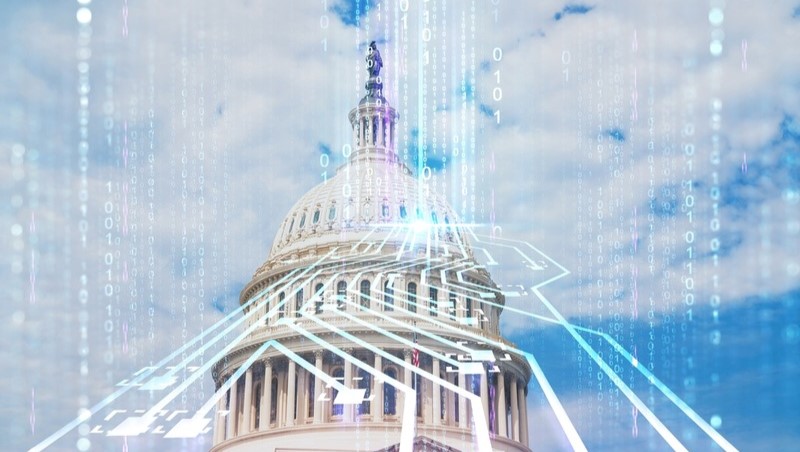
As artificial intelligence continues to reshape global industries, U.S. leaders face mounting pressure to respond. During a House Oversight and Government Reform subcommittee hearing on Tuesday, thought leaders urged lawmakers to act swiftly but differed on whether the nation should prioritize innovation, national competitiveness, or public safeguards.
Testifying before the Subcommittee on Cybersecurity, Information Technology, and Government Innovation, Kinsey Fabrizio, president of the Consumer Technology Association, and Nicol Turner Lee, senior fellow at the Brookings Institution, both underscored the urgency of developing a national AI strategy.
They emphasized the risks of inaction in the face of global competitors – particularly China – and urged Congress to adopt coherent, flexible policies that avoid a patchwork of state or international regulations.
“AI is not a gadget. It is not a feature. It is a general-purpose capability – like the written word, like electricity, like the internet,” Fabrizio said, describing the technology as a foundational shift for society.
Turner Lee echoed the sentiment: “AI is not the future – it is here.”
Despite their shared sense of urgency, the witnesses offered distinct visions for how the United States should lead.
Fabrizio emphasized economic competitiveness and innovation. She warned against overregulation, particularly state-level laws or rigid European-style frameworks that could restrict startups and stall progress.
“The lesson for America is clear: overly prescriptive rules do not just slow innovation, they outright restrict it,” she said.
She praised the Trump administration’s AI Action Plan – which the White House released in July – as a “strong and practical blueprint,” citing its focus on public-private partnerships and a risk-based regulatory model that, in her view, supports both innovation and safety.
“Innovation and consumer protection are not opposing goals – they are complementary,” Fabrizio said.
Turner Lee, however, took a different view. While she supported the AI Action Plan, particularly its focus on workforce development and responsible innovation, she argued the framework must go further by incorporating stronger consumer protections and ethical safeguards.
“Trust in AI systems and large-scale AI adoption require robust consumer protection frameworks,” Turner Lee said.
Turner Lee pointed to the Biden administration’s 2023 executive order on trustworthy AI, along with its “AI Bill of Rights,” as important groundwork for building equitable frameworks. She argued these efforts highlighted the importance of transparency in how AI systems collect and process data, make decisions, and affect individuals’ rights and access to opportunities.
Earlier this year, President Donald Trump rescinded the Biden-era AI policies, claiming they imposed burdensome regulations that hindered innovation and undermined America’s global competitiveness in AI.
However, Turner Lee urged policymakers to embed transparency, accountability, and fairness into AI systems from the outset to prevent harm – particularly to marginalized communities.
“Congress must play a significant role in AI … by advancing AI policies that simultaneously cement U.S. leadership while protecting the public,” Turner Lee said.
